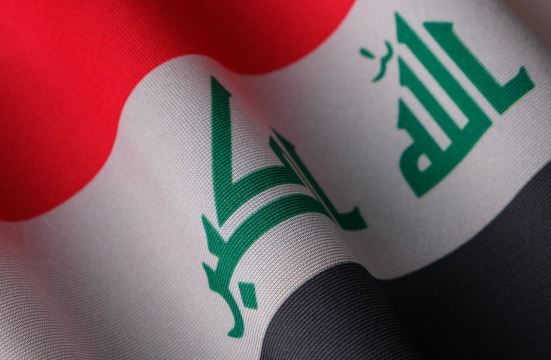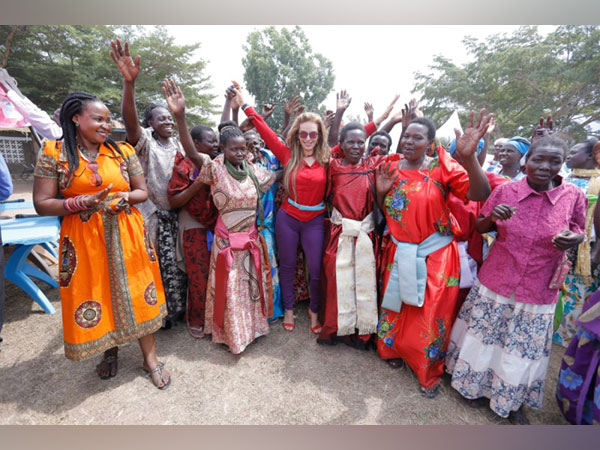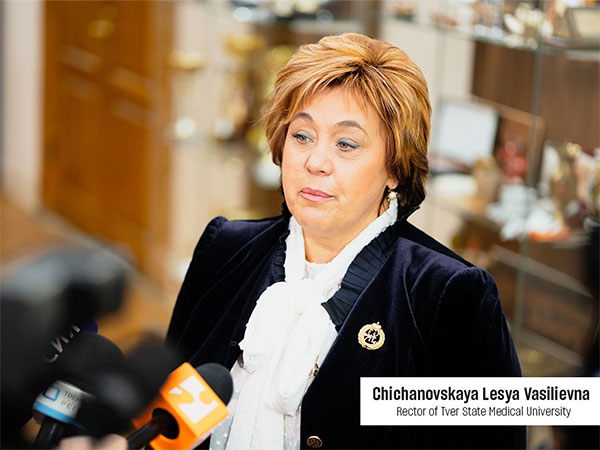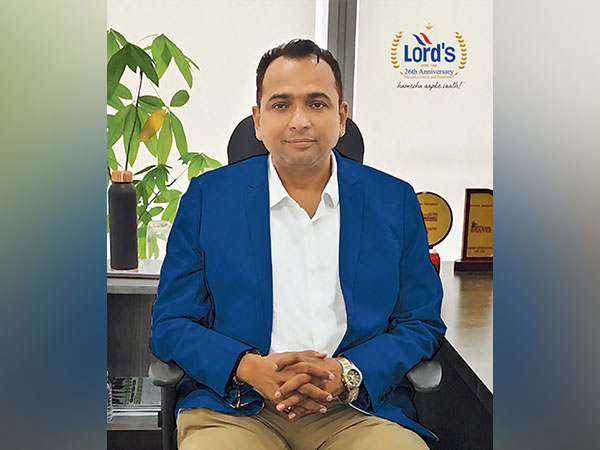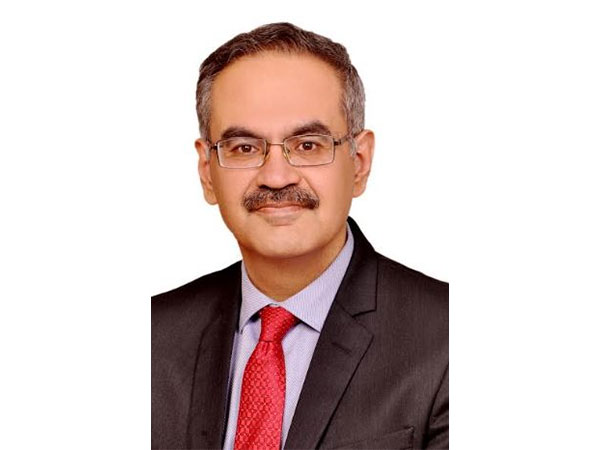Iraq recovers 6,000 antiquities from Britain after century of borrowing
May 10, 2023
Baghdad [Iraq], May 10: Iraqi recovered on Tuesday 6,000 antiquities that Britain borrowed 100 years ago "for scholarly purposes."
In a press conference held at the Baghdad airport, Iraqi President Abdul Latif Rashid told reporters that these antiquities have been in Britain since 1923, and their return resulted from the cooperation with the British Museum.
"The return of these antiquities from the United Kingdom is the second largest recovery of antiquities in the history of Iraq," Rashid said, adding that this reflects Iraq's keenness to protect the cultural heritage that represents national identity and civilization.
The move came after Rashid visited the United Kingdom to attend the coronation ceremony of King Charles III.
Rashid handed the antiquities over to the Iraqi National Museum.
In July 2021, Iraq recovered about 17,000 looted artifacts from the United States, making it the largest number of smuggled Iraqi antiquities ever returned to Iraq, which included 4,500-year-old tablets bearing cuneiform writing documenting trade exchanges during the Sumerian civilization.
According to the official statistics, about 15,000 pieces of cultural relics from the Stone Age, the Babylonian, Assyrian, and Islamic periods were stolen or destroyed by looters after Saddam Hussein's regime was toppled by the U.S.-led troops in 2003.
The Mosul Museum and the ancient cities of Hatra and Nimrud were destroyed and a large number of antiquities were smuggled after the Islamic State militants took control of many parts of northern and western Iraq in 2014.
More than 10,000 sites in Iraq are officially recognized as archaeological sites, but most of them are not safeguarded and many are still being looted.
Source: Xinhua
